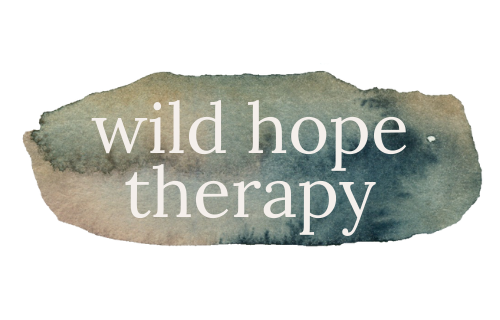when gratitude becomes toxic positivity
Well, it’s almost Thanksgiving and that means every other social account (including ours!) is going to be posting about gratitude. Gratitude is one of those ever-present suggestions from therapists, like deep breathing and regular movement, that, although simple, just works. Simple and evergreen as these tips may be, they also aren’t always easy to implement or keep up with. Like any self-care practice, forced gratitude not only won’t work, but can increase feelings of anxiety, depression and shame.
What is a gratitude practice and how does it help?
There are many ways to practice gratitude. Generally, the difference between expressing gratitude for people and experiences in our life sporadically and practicing gratitude is repetition. Activities that can be incorporated into a gratitude practice might include:
Keeping a gratitude journal
Meditating on people or experiences for which you are thankful
Doing something kind for someone else
Telling others you are grateful for them
Discussing the things you are grateful for with friends and family
This works because by doing something over and over we build new neural connections in our brain. Gratitude specifically is shown to produce serotonin and dopamine, the neurotransmitters responsible for making us feel “good.” This also supports “cognitive restructuring,” or the reframing of our negative thoughts.
All of this leads to greater appreciation for our positive experiences, higher tolerance for the negative ones, and increased connection with the people who mean the most to us.
Okay but what is toxic positivity?
You know those times when you just cannot make yourself believe something positive? When, even if you can think up a positive spin on a situation, it doesn’t change how you feel? Well, that is ok. If you are feeling down, having trouble seeing the good in life, or have negative thoughts about yourself and others consistently for a week or more, that is a sign of depression and you should seek support from a mental health professional. However, feeling down from time to time – and having negative experiences – are a normal part of life. Sometimes it is more effective to practice distress tolerance and radical acceptance over toxic positivity.
Verywell Mind defines toxic positivity as “the belief that no matter how dire or difficult a situation is, people should maintain a positive mindset.” If you don’t believe a statement of gratitude, it is not going to have the same impact on your mood and outlook as something that feels true to you. And worse, if we think we should have complete control over our thoughts and emotions at all times, when we are not successful we can feel even worse about ourselves than we already did.
What can you do instead?
Again, if you are consistently experiencing low mood and negative outlook, it is time to seek support from a mental health professional. But it is also healthy to acknowledge your authentic experience of a situation and try to hold your negative feelings. Some ways to do this are:
Journal about what you are thinking and feeling
Apply “radical acceptance” – the practice of non-judgement of an experience. This does not mean you are endorsing the negative experience. Instead we acknowledge the reality of what we are feeling, accept what we cannot control, and identify what options we do have.
Distress tolerance skills: Movement, deep breathing, and coping thoughts are all examples of skills that help us increase our ability to handle negative emotions until they pass.
Share with a trusted friend or family member
Rest or get some sleep
Talk to a therapist specifically about the experience of holding negative feelings during a time when you feel pressured to be grateful
As the year comes to an end, it can be a rewarding and joyful experience to think of what we are grateful for and celebrate all that we have. At the same time, part of mental wellness is knowing that holding our negative feelings will not negate the positive ones. And our ability to feel the full range of human emotion is truly something to be grateful for.
